Advocates for a referendum on Theresa May’s beleaguered Brexit deal have never had more reason to be hopeful.
With Westminster shutting its doors for Christmas still locked in a stalemate, a People’s Vote is being touted as one pathway to avoid the looming threat of a no-deal Brexit that could plunge the country into chaos.
Ready and impatiently waiting for a chance to have their say is a generation of young people who were too young to vote in the historic 2016 referendum that will dramatically shape the future they inherit.
Now of voting age, this army of newly politicised young voters could be crucial in influencing the outcome of a vote on any Brexit deal. Or, for that matter, a snap election, something Labour leader Jeremy Corbyn should consider after announcing his party would push through with Brexit if they came to power.
“This is going to affect my future, so it’s important that I care about it now,” 18-year old Nashada Saka, an A-level student, told BuzzFeed News at a youth club in Croydon, south London. “When the referendum initially happened I couldn’t care less.”
Several high-profile young people have today added their voices to the growing call for a second vote, including Game of Thrones actor Maisie Williams, and musicians Professor Green and Rizzle Kicks’ Jordan Stephens.
“Most of our generation voted to stay in 2016,” they wrote in an open letter to MPs. “Many were devastated at the result. But we’re democrats, and of course the government had to negotiate a deal which works for this country. If this is it, then whether you voted Leave or Remain, you know it is not good enough. Even the government admits we will be poorer as a result.”
Earlier this month, Theresa May was forced to scrap a meaningful vote on her Brexit deal, fearing she would be roundly defeated in the House of Commons. With Brussels unlikely to make significant concessions, it will be an impossible task for the prime minister to get MPs to sign up to her deal.
A new vote on May’s deal will take place in parliament the week of Jan. 14 and it’s anybody’s guess what will happen after that. As most MPs want to avoid a no-deal scenario, options including an extension of Article 50, a general election, another referendum, or a combination of two or more of these are all in play.
It’s the window of opportunity that many young people say they have been waiting for.
While pollsters and politicians told BuzzFeed News that a traditionally low turnout from that voting bloc is likely to stop any “youthquake”, the young people we spoke to in cities across the UK were adamant that youth voter apathy is a luxury of the past.
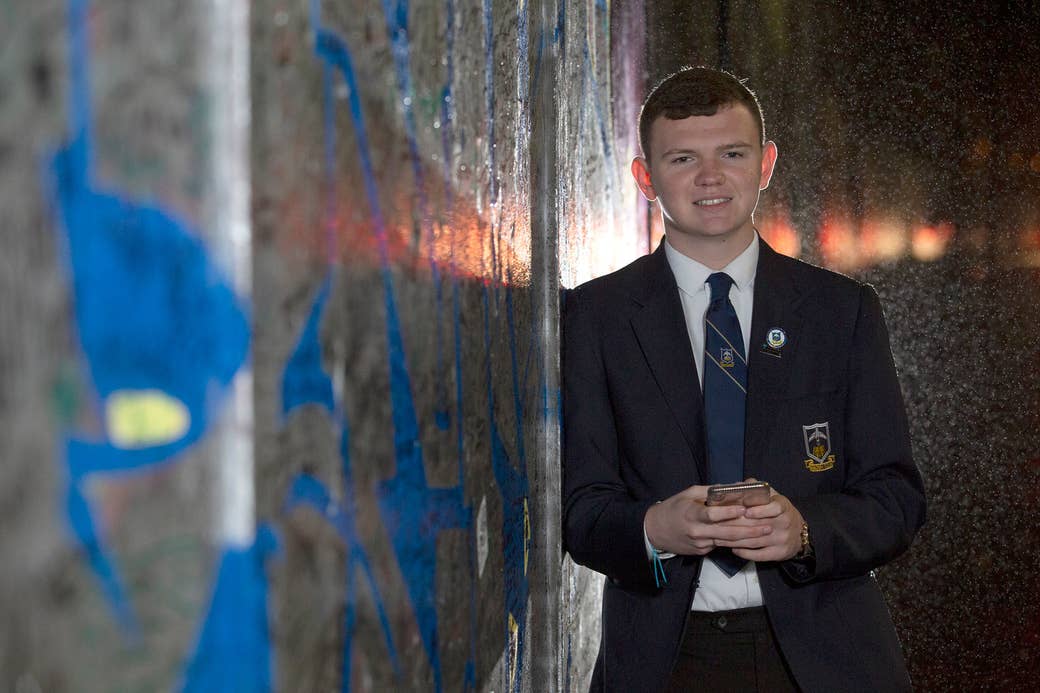
“Sixteen- and 17-year-olds nowadays want the chance to vote on real, hard facts,” 17-year-old Aron Hughes, a student from West Belfast, told BuzzFeed News.
“I didn’t really have any clue about Brexit until I started to read into it,” he said. “I realised it could be potentially disastrous, and I thought if I don’t campaign about this it could affect the rest of my life.”
Teenagers in Northern Ireland, where the majority of people voted to remain, have become especially politicised by Brexit. Hughes, who campaigns with the Northern Ireland branch of lobby group Our Future Our Choice, said he has seen a real political awakening among his peers.
Born after the Good Friday Agreement was signed in 1998, they have only ever known their country at peace, but with the shadow of the Troubles still looming, many fear Brexit could lead to a return of violent tensions.
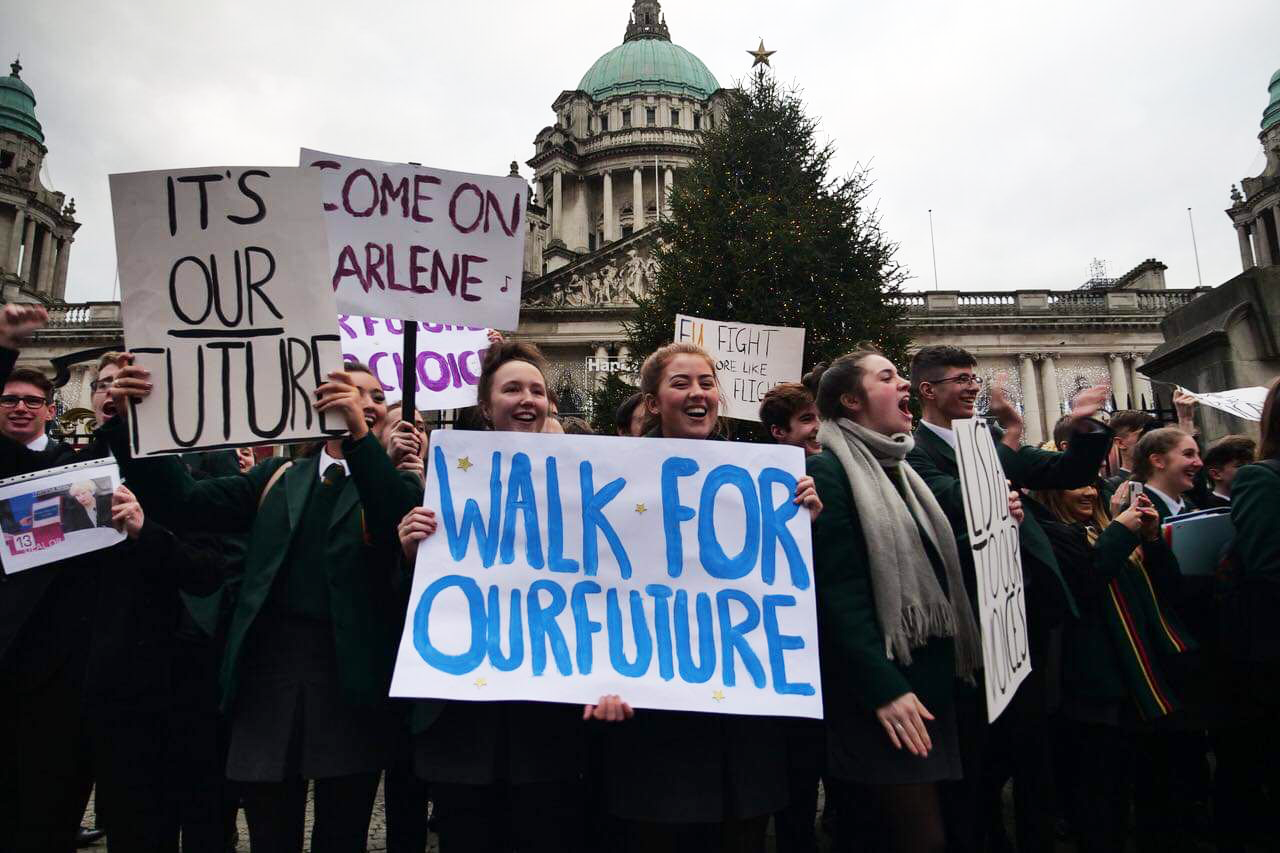
Teenager Rose Curry, 16, helped organise around 750 students in Northern Ireland to walk out of lessons last month to call for a second referendum, despite having never been politically active before.
“We were inspired to show our politicians and the rest of the UK that we want to stand up and do something,” she told BuzzFeed News, adding that she was motivated by “a sense of disenfranchisement”.
“I don’t think [our politicians] speak to anyone in Northern Ireland. There’s really a feeling we can’t stand for this anymore.”
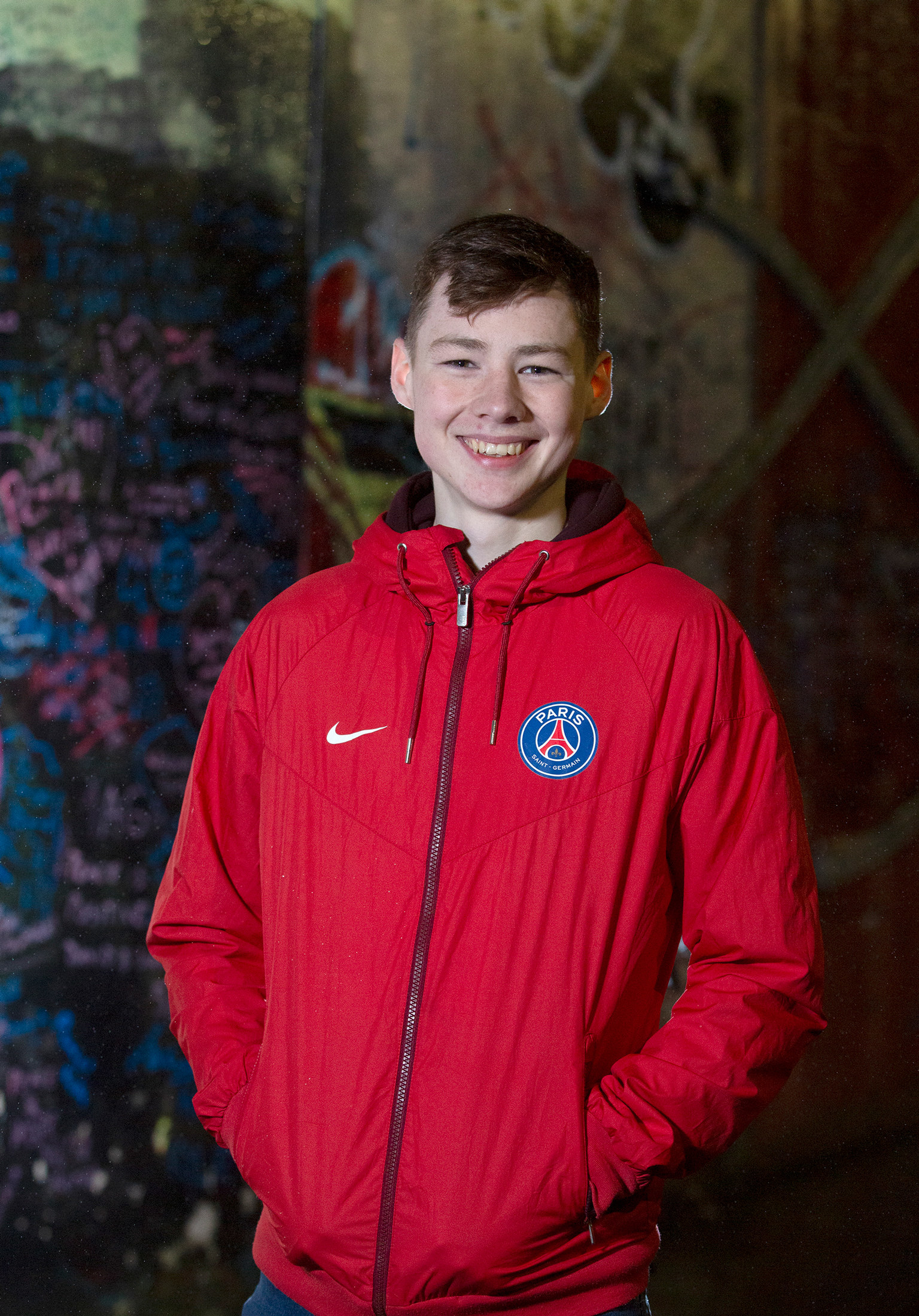
Political allegiances in Northern Ireland have long been fiercely split down sectarian lines, but Hughes says among young people there was universal opposition to Brexit: “Unionists don’t want Brexit, nationalists don’t want Brexit. This is the one thing that has united the divide in Northern Ireland — young people are against it.”
Pearse Smith, another OFOC activist, added: “It’s brought unionists and nationalists together. Young people know that this will affect them and just want their voices to be heard; it just makes sense that you’re going to be consulted in the process that’s going to affect you more than anyone else.”
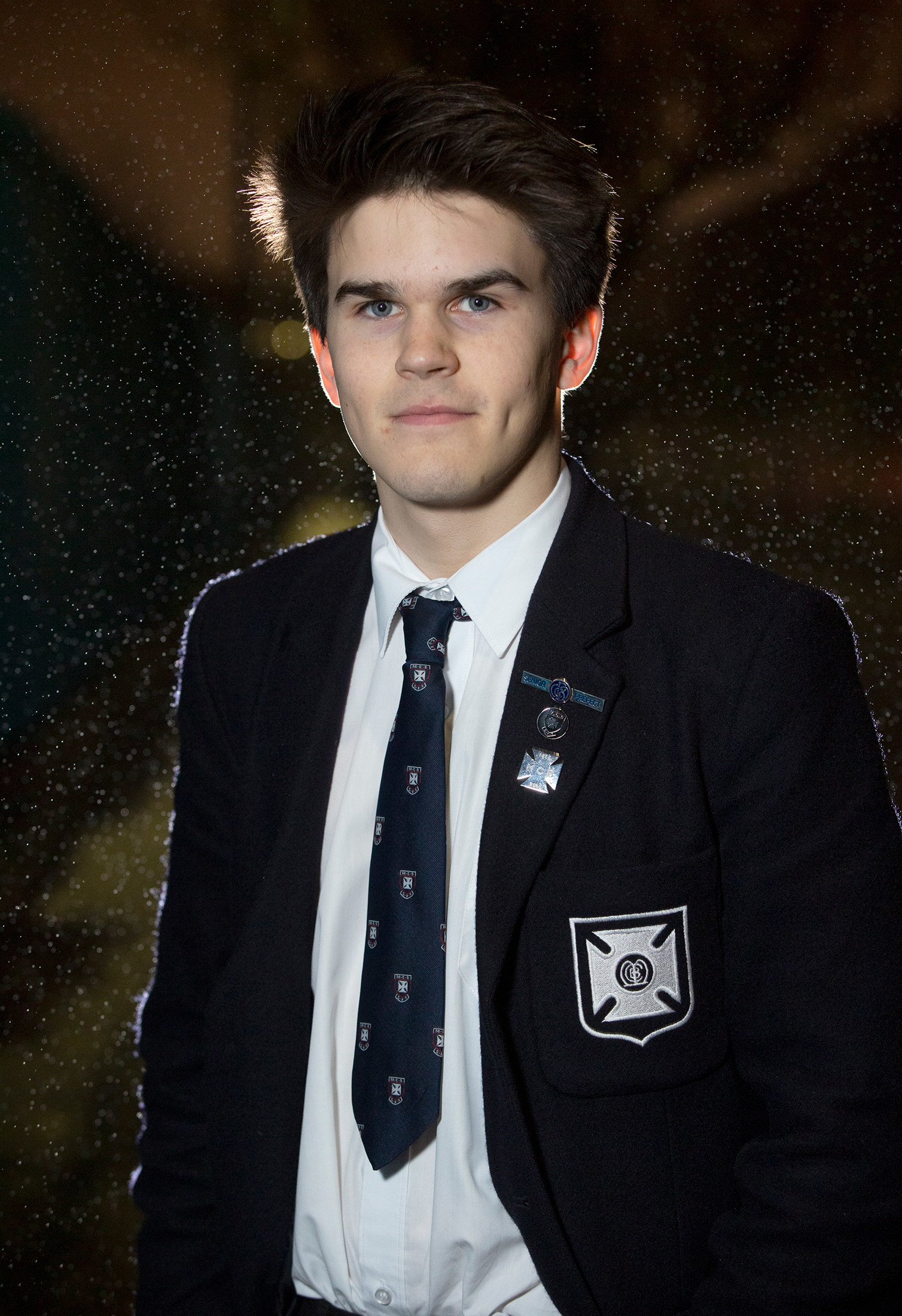
Another fledgling activist, 17-year-old Adam Flanagan from Belfast, told BuzzFeed News that there was also a bigger picture to his work with OFOC that goes beyond being pro- or anti-Brexit. “I think it’s important for young people specifically to get involved [in politics],” he said. “Ultimately it will be us that are bearing the consequences in years to come.”
When BuzzFeed News spoke to teenagers in Croydon, south London, none were actively campaigning for a second referendum, or even considered themselves to be especially political, but all of them said they would definitely vote if they were given a say on the Brexit deal.
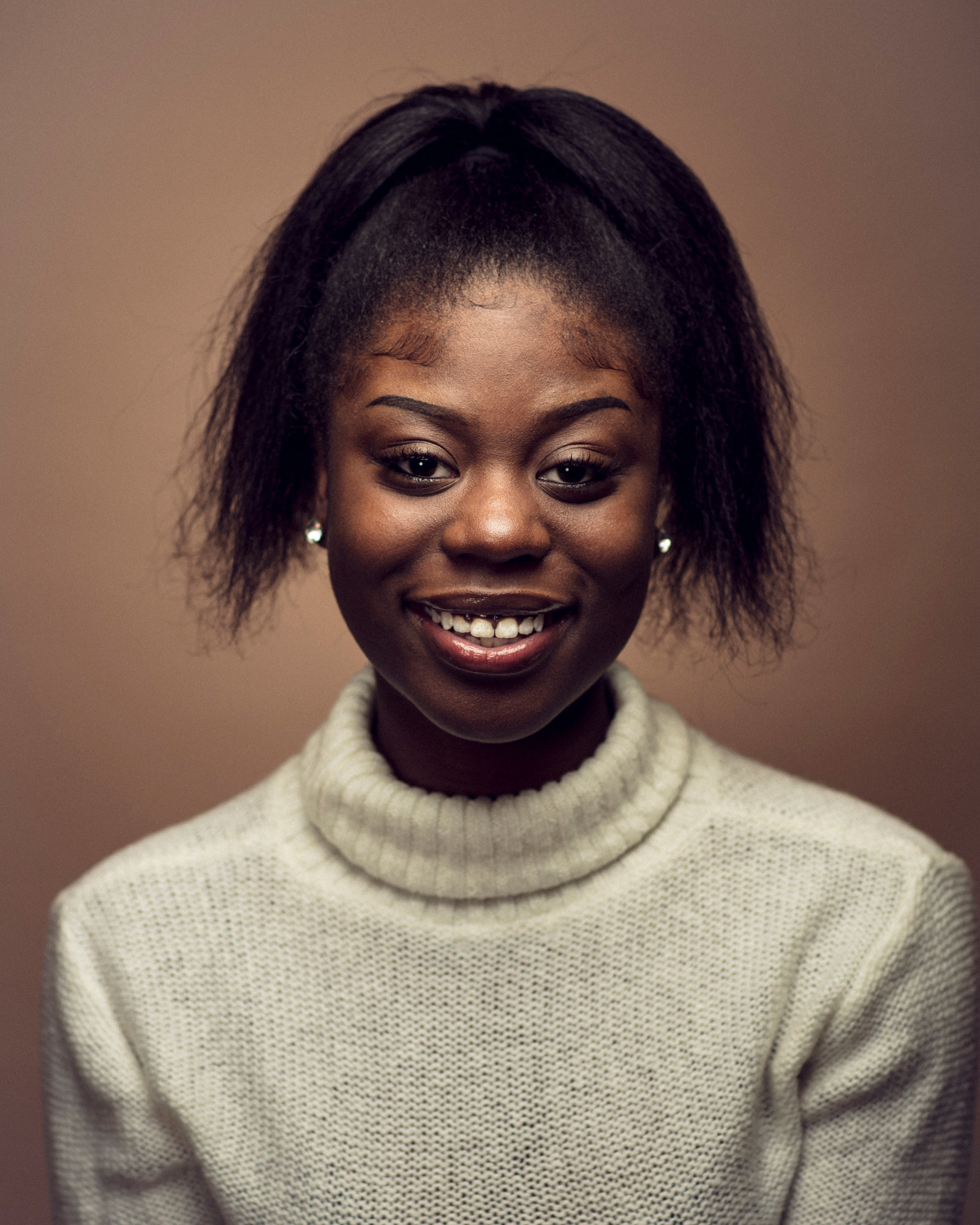
A-level student Jasmine Bennett, 17, said she was worried that the cost of housing after Brexit could scupper her chances of moving out of her parents’ home and going to university.
“I think the first time people weren’t open to voting or didn’t care about it, but the ruckus this whole thing has caused and how the country really seems at danger, would encourage a lot more people to vote against Brexit in a second referendum,” she said.
18-year-old sixth-former Dami Olorunnisomo said his friends are more engaged in politics than they ever have been. “A lot more people are trying to look at politics and have an opinion, whereas before it was just like, 'Oh, Theresa May, who’s that? David Cameron? Don’t really know,'” he said.
Olorunnisomo said people need only look at events miles from Westminster when considering how things such as an end to freedom of movement — a crucial red line in Theresa May’s negotiations with the EU — could play out after Brexit.
“I don’t want how things are in America to transfer to the UK — for us to become a Trump state,” he said. Strict immigration rules in the US have led to children being separated from their parents, and the use of tear gas at the US–Mexico border. “It’s almost like seeing into the future. People are ignoring it when they should be seeing it as a warning.”
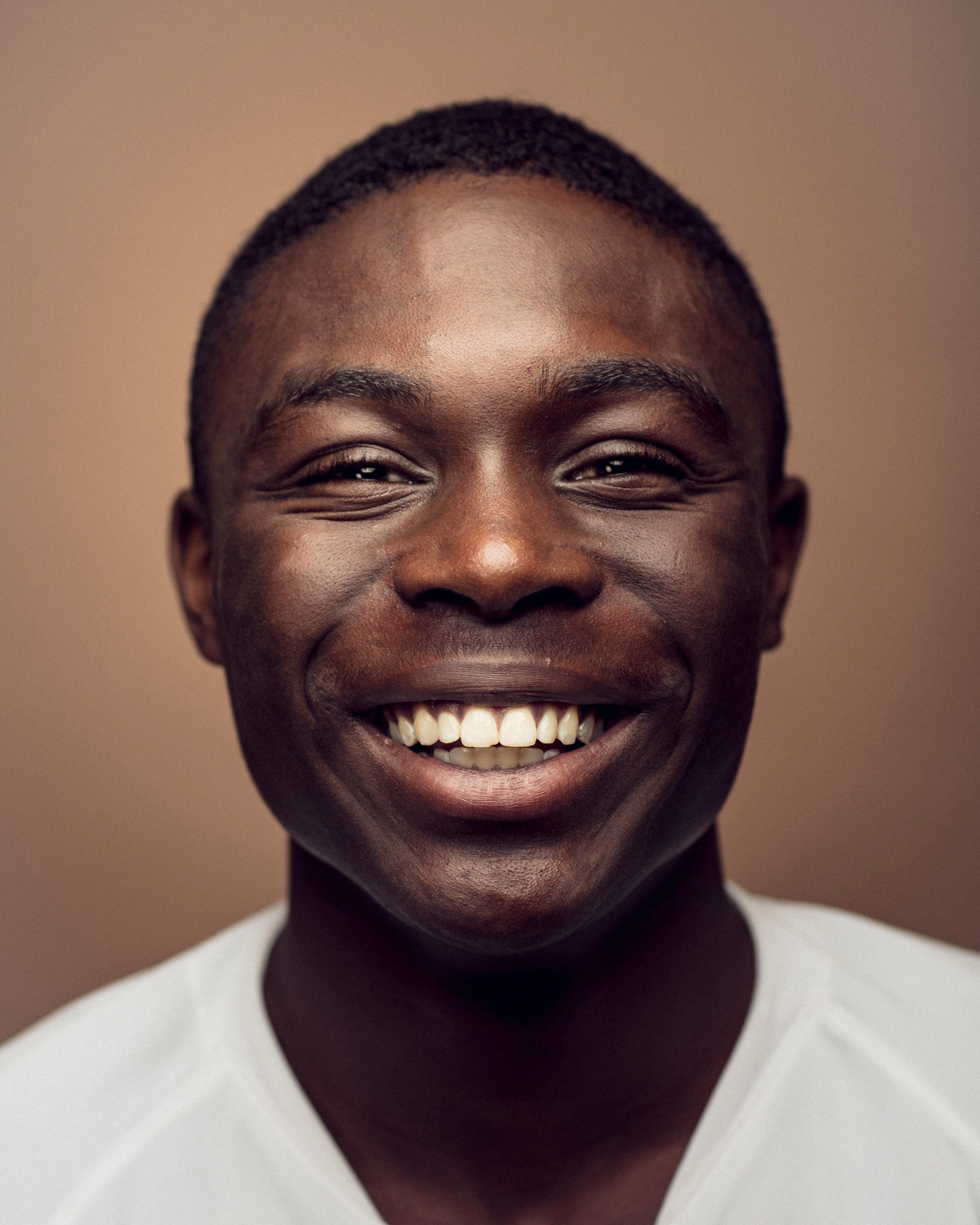
Rob Ford, a professor of political science at Manchester University, told BuzzFeed News that while there is evidence of increased youth voter engagement, it is unlikely that Brexit alone can close a stubborn “generation gap” that has existed for about 40 years.
“I think it’s plausible that they’re more engaged now than they were,” he told BuzzFeed News. “People in the 2016 referendum didn’t necessarily go in with a clear idea of what the stakes were — young people in particular who aren’t interested in politics.
“I think by now, after two years of Brexit being completely at the top of the political agenda, we expect that to influence young people more than old people, as they started with a lower level of engagement.”
In 2016, under-25s were more than twice as likely to vote Remain than Leave, but although they turned out in much higher numbers than at the previous general election, young people were still far less likely to vote than pensioners.
Ford said that while turnout among young people was thought to have increased by 5% or 10% between 2015 and 2017, “It didn’t go up 20%, 25%, 30%.”
According to Michael Bruter, professor of political science and European politics, and Sarah Harrison, who specialises in the political behaviour of young people at the London School of Economics, around 64% of registered voters aged 18–24 went to the polls, compared to 90% of over-65s.
“At the EU referendum we estimated that 75% of 18–24-year-olds voted to Remain, whereas 63% of the over-75s, and 66% of the 65–74s voted Leave,” Ben Page, chief executive of Ipsos MORI, told BuzzFeed News. “Since the election more of the older voters will have died than the younger ones, and a new cohort of 18- and 19-year-olds will be voting for the first time in any second referendum.
“Polling suggests that the young remain strongly pro-Remain and that the old are not shifting much, and so numerically, Remain may be benefiting from this natural cycle, but a lot comes down to turnout, which is one of the hardest things to predict, especially while a new referendum remains only a possibility.”
“So the question remains how many of them would vote in a new election, and the extent to which this might swing any new vote,” he added.
Among the young activists trying to boost youth turnout is 20-year-old Steffie Banatvala, who founded the Campaign For a First Referendum, which focuses specifically on the young people who weren’t eligible to vote in 2016.
“Whether they want to vote Remain or Leave, we all need to have our voice heard,” she told BuzzFeed News. “In elections there’s always a group of people who turn 18 the next day, but in a referendum the government could have chosen to include 16- and 17-year-olds and they didn’t.
“It’s our future, but we don’t get to vote on it,” added Banatvala, who missed out on voting by only a few months.

Dominic Brind, 20, who also narrowly missed out on voting in the last referendum, is now active with OFOC. He has thrown himself into organising meetings, taking part in street stalls, and helping to write reports that he hopes will influence government policy.
“Frankly it’s pretty easy to mobilise,” he said, “because the opinion of young people is so pro-European.”
“The message about young people having been denied a vote does motivate older adults as well. They’re thinking about future generations, what will happen to their children, grandchildren.”

Frankie Linn, from Edinburgh, became politicised during the 2014 Scottish independence referendum, which 16- and 17-year-olds were able to vote in, and is pushing for a second Brexit referendum.
While Linn voted Remain, he initially accepted the 2016 result, but with the business and administration apprenticeship that shaped his career on his mind, his views have strengthened and prompted him to take up an active campaigning role.
“Two years on, and actually seeing the damage that [Brexit is] going to do to jobs, the health service — even apprenticeships, a thing I really care about — funding for that comes from the EU.”
Sarah McCluney, 20, who now lives in Bracknell, where she works as a motor mechanic after completing an apprenticeship, is originally from Ballymena in Northern Ireland. “I’m worried about how the situation in Northern Ireland will play out, and how it will negatively impact apprenticeships in the UK,” she said.
McCluney said she has been lobbying not just people her own age, but also older generations, including family members who voted Leave over concerns about immigration, in the hope that a second referendum may take place.
“I researched and explained to them we need people coming in from Europe with skills, [immigrants] do actually help the economy,” she said. “They have changed their minds and would like another vote to Remain in the EU.”
Ellie James, 21, originally from Newcastle, grew up in a family who predominantly voted to leave the EU.

While a student at the University of Leeds, she began campaigning for For Our Future’s Sake, motivated by economic concerns. “The vast majority of people I grew up around don’t give a shit about Erasmus,” she said, referring to the university scheme that allows students to study in a different European country.
“It matters to them whether they’re going to have workers’ rights and if they’re going to be able to buy a home and have jobs,” James continued. “My dad worked in the Nissan factory when I was growing up, and those jobs aren’t going to exist for my generation if this goes on and we’re not going to be able to secure trade deals.”
Frustration among young people has spilled onto social media, where the Brexit debate passionately plays out. Last month, 18-year-old Nina White, a first-year English student at Cardiff University, went viral when she tweeted about her hope for a second referendum. “I’m 18 and I couldn’t vote in the EU referendum,” she wrote. “I feel my future has been taken away from me.”
Like many young people BuzzFeed News spoke to, White believes her generation will be disproportionately impacted by Brexit. “It’s deeply frustrating because obviously you’ve got so many things that Brexit will impact economically, politically, and socially,” she said. “We should be listened to.”
Not every young person shares this view, however. Nineteen-year-old Steven Edginton, who runs the Politics UK YouTube channel, wasn’t old enough to vote in 2016 either but would have backed Brexit, believing his generation can have a “really exciting future” outside of the EU.
Edginton said it was undemocratic to challenge 2016’s result, regardless of the way the vote was split across age groups. “That basically infers that older people shouldn’t be able to vote, or that they are somehow voting against young people’s futures, which I think is a fallacy,” he added.
The disquiet of young people has reached the ears of politicians who know how influential the votes of young people can be — when and if they turn out. Chris Matheson, MP for the City of Chester, a constituency with a large population of students, had expected to lose his seat, but instead there was a huge swing to Labour at the last general election.
“I wasn’t originally in favour of votes at 16,” Matheson added, “but engaging with young people since the referendum, the anger they feel at being shafted by an older generation, many of whom won’t be around to suffer the consequences in a decade or two, but also young people’s grasp of the issues, has convinced me that they are well capable of taking part and shaping that national debate.”
However, he was sceptical that young voters would impact the outcome of a second referendum. “The opinions of young people are only influential if young people actually vote. The only reason young people have been shafted throughout the years is because they haven’t bothered to vote and have been persuaded that politics can’t achieve anything,” he said. “I hope young people do stand up and vote for a future.”

